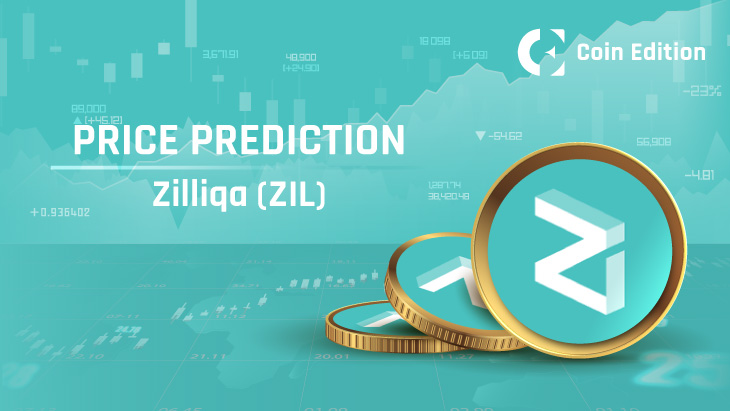- Cardano’s Co-Founder lauds FIT 21 Bill for Aligning with Decentralization and Community Governance.
- FIT 21 Bill Proposes CFTC Oversight for Decentralized Assets, SEC Regulation for Centralized Ones.
- Cardano Positioned Favorably Under New FIT 21 Bill, Surpassing Decentralization Criteria Compared to Rivals.
The co-founder of Cardano Ghost Fund DAO, Chris O, commented on the recently introduced FIT 21 bill, terming it a significant development for the industry. Addressing his 11.5K X followers, Chris noted that the bill’s minimum requirements for a cryptocurrency to be classified as a commodity or a security fit “Cardano’s narrative.”
He added that the bill favors Cardano’s emphasis on decentralization and community governance. Quote:
“No single entity or affiliated person will control over 20% of supply! What does that mean? It means: DECENTRALIZATION & COMMUNITY GOVERNANCE THE NARRATIVE OF THE CYCLE. This is Cardano’s narrative!! Love crypto, the underdog unexpected always turns out to be the most significant thing to occur.”
Under the FIT 21 Act, decentralized digital assets with blockchains qualify as commodities. Therefore, the Commodity Futures Trading Commission (CFTC) would regulate such assets. According to the bill, a blockchain qualifies as decentralized if its control is not unilateral. Moreover, no issuer or affiliated entity should hold more than 20% of the asset or its voting power.
Meanwhile, the SEC would regulate digital assets as securities if their blockchains are functional but not decentralized. However, the bill provides exceptions for certain digital assets that limit annual sales, restrict access for non-accredited investors, and meet specific disclosure and compliance criteria.
The SEC and CFTC are also instructed to jointly issue rules to clarify terms and prevent duplicative regulations for dually registered exchanges.
Cardano, which already meets these decentralization criteria, appears well-positioned under this new framework. According to data from Messari, 19% of the funds are allocated for insiders and ecosystem funds, leaving 81% for public participation. In contrast, other blockchains like Binance and Solana may need to address significant decentralization obstacles.
The FIT 21 bill marks a significant step towards establishing a clear regulatory framework for digital assets. This legislative move underscores the importance of decentralization and regulation in the growing blockchain technology space.
Disclaimer: The information presented in this article is for informational and educational purposes only. The article does not constitute financial advice or advice of any kind. Coin Edition is not responsible for any losses incurred as a result of the utilization of content, products, or services mentioned. Readers are advised to exercise caution before taking any action related to the company.







